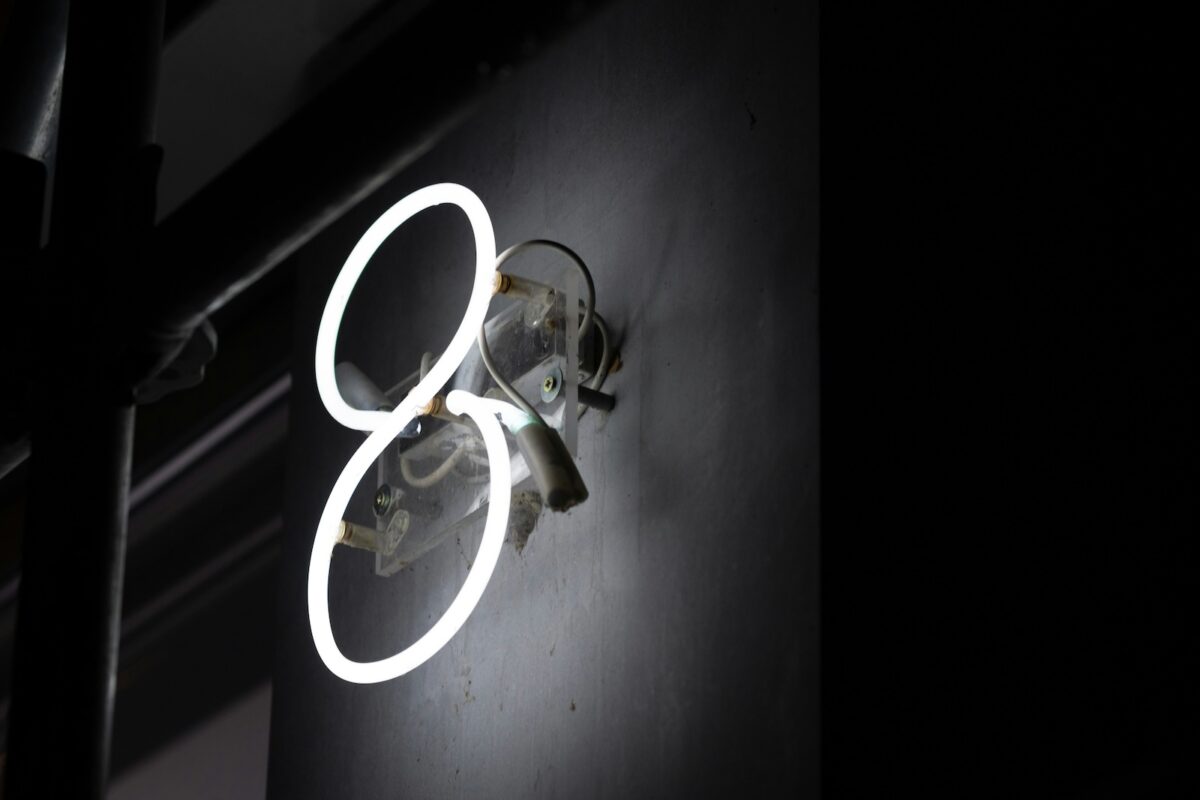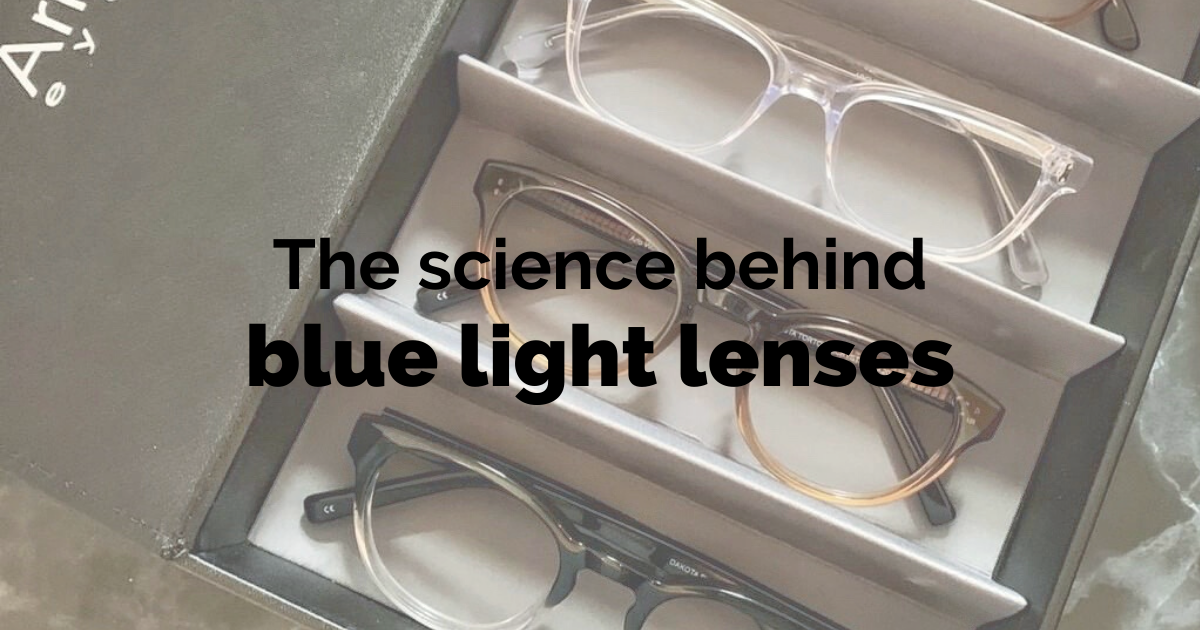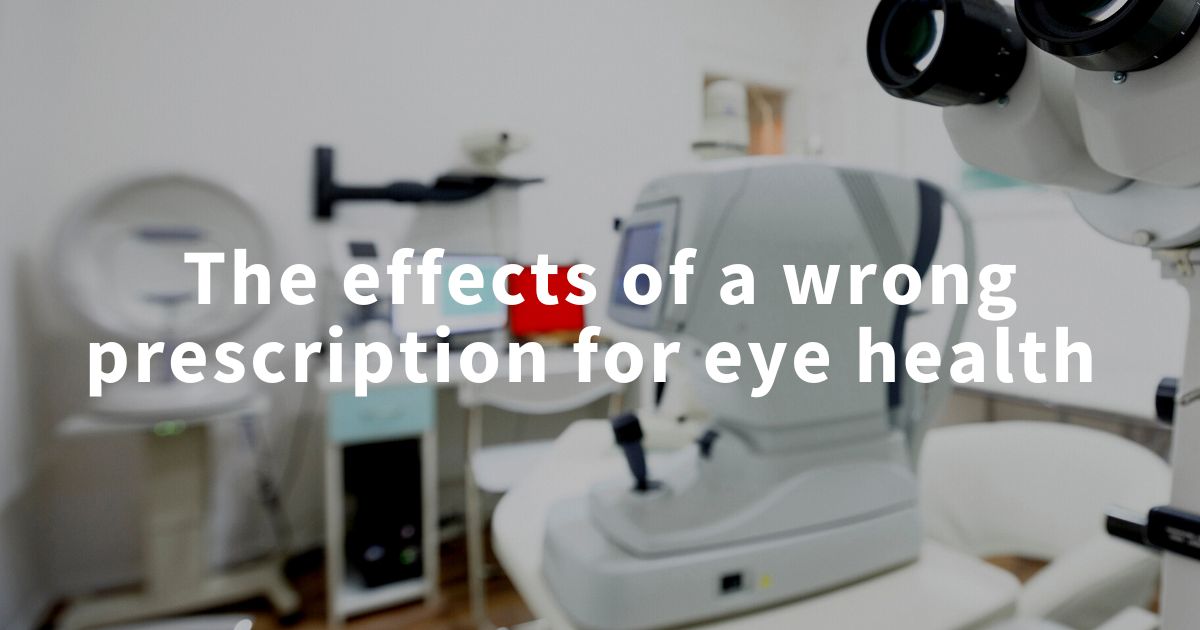The world we see is a vivid tapestry of shapes, colours, and details. However, as time passes, our vision may change, subtly affecting how we perceive this rich tapestry. Knowing when it might be time for glasses can make a significant difference in maintaining optimal vision and quality of life. Let’s explore some common signs that suggest you might need glasses.
Arlo Wolf’s 8 Signs That You Might Need Glasses
1. Blurred Vision
One of the most obvious signs that your eyesight may be changing is blurred vision, especially when trying to focus on objects both near and far. This blurriness can occur gradually, so it’s essential to pay attention to any changes in your ability to see clearly.
2. Difficulty Reading or Using Screens
Struggling to read books, newspapers, or digital screens comfortably can indicate the need for corrective lenses. You may find yourself holding reading material farther away or squinting to see text clearly, which can lead to eye strain and fatigue.
3. Frequent Headaches or Eye Strain
Eyestrain and headaches, particularly after tasks like reading, using a computer, or driving, can be signs of vision problems. When your eyes work harder to focus due to refractive errors like nearsightedness or farsightedness, it can result in discomfort and headaches.
4. Squinting or Tilting Your Head
If you often catch yourself squinting or tilting your head to see objects clearly, it may indicate that your eyes are trying to compensate for refractive errors. Squinting temporarily changes the shape of your eye, helping to bring objects into focus. Now please do note that just because your dog tilts it’s head does not mean the dog needs glasses 🙂

5. Double Vision
Seeing double images, either occasionally or consistently, can be a concerning symptom that warrants a visit to an eye care professional. Double vision (diplopia) can result from various eye conditions, including astigmatism or issues with eye alignment.
6. Difficulty Seeing at Night
Struggling with night vision, such as seeing halos around lights, difficulty reading road signs while driving at night, or experiencing increased glare from headlights, can indicate changes in your vision that may require corrective lenses.
7. Changes in Colour Perception
Noticing changes in how you perceive colours, such as difficulty distinguishing between certain shades or colours appearing faded, may indicate underlying vision issues that need assessment by an optometrist or ophthalmologist.
8. Eye Fatigue or Irritation
Experiencing frequent eye fatigue, redness, dryness, or irritation, especially after prolonged periods of visual tasks, can signal the need for vision correction or adjustments to your current prescription.
Seeking Professional Guidance
If you experience any of these signs persistently or notice sudden changes in your vision, scheduling an eye examination with an optometrist or ophthalmologist is crucial. A comprehensive eye exam can detect refractive errors, assess eye health, and determine the most appropriate vision correction, whether it be glasses, contact lenses, or other treatments. If you have any questions you can also reach out to us and we try to guide you the best we can.
Our eyes play a fundamental role in how we experience the world, making regular eye care and timely vision correction essential for maintaining optimal visual acuity and overall well-being. Being mindful of these signs and seeking professional guidance can ensure that you continue to enjoy a clear and comfortable view of the world around you.

 The science behind blue light lenses
The science behind blue light lenses Best places to read for your eye health
Best places to read for your eye health 5 health tests to get in 2020
5 health tests to get in 2020 The effects of a wrong prescription for eye health
The effects of a wrong prescription for eye health